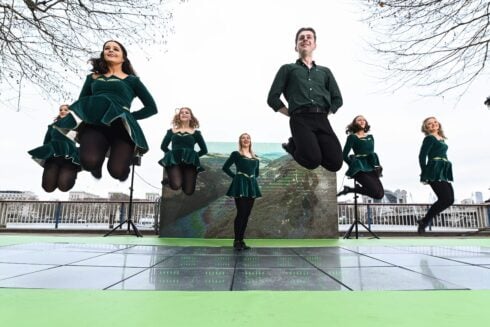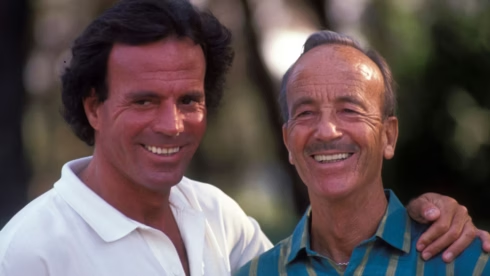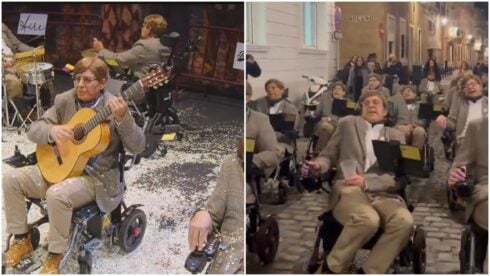SHE is one of Spain’s most distinguished expats.
Buried in Malaga’s celebrated English Cemetery, she wrote widely about the country and was known around the world.
Now, the first complete works of her poetry are set to be released.
In perfect timing for the end of the lockdown the Complete Poetic Work of Gamel Woolsey will showcase the many poems she wrote about Andalucia, where she lived for many years.
American Woolsey, from South Carolina, lived with and married fellow expat Gerald Brenan, who is credited with writing some of the key 20th century books on Spain.
She and the Englishman lived in Churriana, near Malaga, in a home that is now a museum to Brenan’s life and works.
READ MORE:
- British writer Gerald Brenan’s home rescued from ruin to become country’s first expat museum
- Gerald Brenan House to honour 30th anniversary of writer’s death in Malaga
The news was announced on World Book Day by the Renaissance publishing house that is based out of the Gerald Brenan House.
The collection of the writer’s poems have been translated by long-time expat Carlos Pranger, who is related to Brenan.
Woolsey also penned several acclaimed books, including Death’s Other Kingdom, which was reissued as Malaga Burning, and One Way of Love, which was initially rejected for being ‘too explicit’.
She lived in Andalucia on and off for decades, before dying from cancer in 1968 in the home La Reina de los Ángeles, which was falling into dereliction before the Olive Press launched a campaign to save it in 2007.
In 2014 it finally reopened as a museum and has since hosted hundreds of conferences, gigs, film screenings and book clubs.
The couple had first moved in in 1934 two years before the Spanish Civil War.
They were forced to leave the country for over a decade to return in 1953 against a backdrop of Francoism and great poverty and strife in Spain.
Over the years it became a cultural mecca for writers including Ernest Hemingway, Paul Bowles and Bertrand Russell.
Brenan spent most of his life in Spain after first renting a house in the tiny village of Yegen in the Alpujarras region of Granada.
His critically acclaimed account of the Civil War was published in the seminal book, The Spanish Labyrinth.
Click here to read more La Cultura News from The Olive Press.








